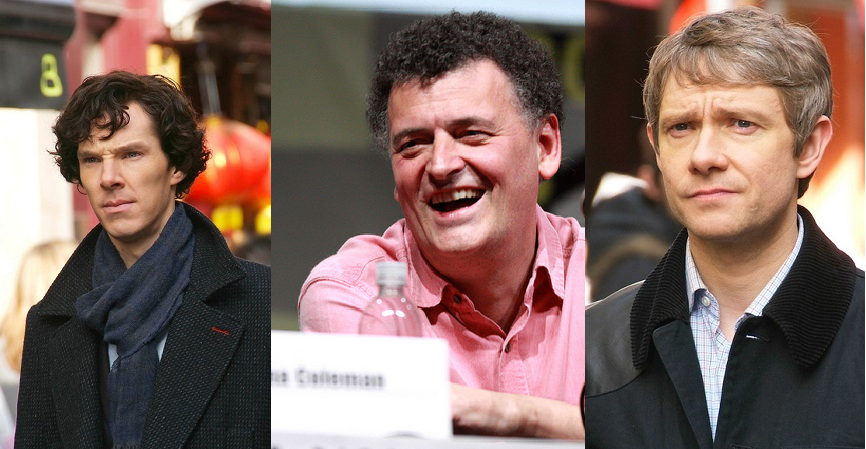Shoppers who don’t consider the effect of their purchases on the world around them are in for a major lesson with the return of an Emmy-nominated science documentary series produced by a San Diego company.
This impact, along with many others, are subjects to be explored in season two of the PBS-commissioned documentary series “Human Footprint,” which begins at 9 p.m. Wednesday and airs weekly after that.
The series, which first aired in summer 2023, was conceived as a collaboration among San Diego-based Day’s Edge Productions’ co-founders Nathan Dappen and Neil Losin and Princeton Assistant Professor Shane Campbell-Staton, who was once a student in science filmmaking workshops taught by Dappen and Losin. All biologists, the three were interested in developing a show examining human-driven evolution.
The idea birthed a multimillion dollar project taking the team across the globe to explore how humans transform their environments, often in negative ways. Last year, the series received
an Emmy nomination
for Outstanding Science and Technology Documentary.
The six hour-long episodes in season two pick up on ideas the team couldn’t get to or that didn’t align with the framework of the first season. It once again follows Campbell-Staton and the production team as they spend 118 days in the field in cities and towns across the United States, Europe, South America, Southeast Asia and Australia, delving into everything from extinction, biocontrol in a Colombian city, the rippling effects of the fashion industry in Scotland and river bending in the United States.
Viewers might be surprised to see the show examine the consequences of the beloved American supermarket in the first episode.
“The companies that are selling us these things are telling us that we’re the ones who are supposed to be making the choices, whether we want something that’s ethically sourced or not. Yet we have no idea what the consequences are of the things that we’re buying,” Dappen said. “I think that there is probably no bigger issue in the world than food, since all of us have to eat and we transform so much of the planet and so much of our labor practices in order to sustain that industry. So, the grocery store really tries to sort of grapple with some of those issues. Obviously, this food system’s a monstrous subject to tackle, but we try to do it in a way that sort of met people where they’re at.”
Campbell-Staton and the production team try to translate such complex issues in understandable and localized ways.
In episode four of this season, the team found itself back in San Diego to showcase the importance of honey bees and how modern food production endangers the species, filming at and joining forces with the San Diego Natural History Museum, which hosted a premiere of the episode on Tuesday.
“I think that bees and pollinators are something that everybody can relate to, and unlike some of our episodes, which involve, you know, kind of really big systemic issues that it can be intimidating to think about trying to solve as an individual, protecting pollinators is something that that every person can make a difference in,” Losin said. “That’s true if you have, you know, a large property and a big garden, but it’s also true if you live in the city and you just have a window box on your windowsill, you can provide feeding habitat and breeding habitat for native insects and pollinators, and that’s something that makes a real a real difference.”
Dappen and Losin note that the series couldn’t come at a more perilous time for science and public broadcasting following a push for federal funding cuts to scientific research and networks like PBS, putting the future of this project at risk.
The effects have already been felt by researchers featured in the previous and current seasons.
“I recently heard about a bee expert that we didn’t feature in the show, but who I had development conversations with to try to inform the stories that we were telling, who left his job proactively because he saw the writing on the wall. He knew that his division was going to be cut,” Losin said.
As the premiere of the second season inches closer, the team hopes people tune in and seek to learn more about themselves as well as the world around them.
“The main thing that I’ve been telling people in the run up to this season is just that we hope this show represents everything that’s great about what PBS provides for the American people, which is free, high quality content, provocative, interesting stories that they wouldn’t hear any but anywhere else,” Losin said. “I really hope that if people do like this season as much as folks like season one, that they take an opportunity to maybe recharge their elected representatives and let them know that public media matters.”
©2025 The San Diego Union-Tribune. Visit sandiegouniontribune.com. Distributed by Tribune Content Agency, LLC.







